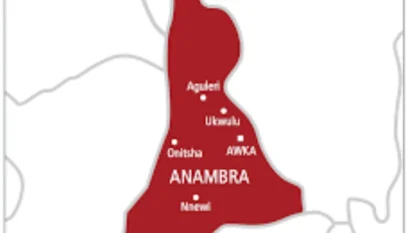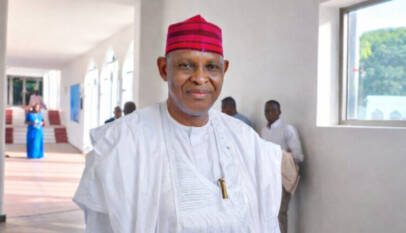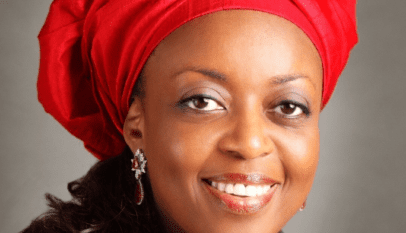The Nigerian Communications Commission (NCC) has approved a tariff adjustment request by telecommunications companies, allowing them to raise rates in response to the challenging market conditions.
This decision aligns with the NCC’s authority under Section 108 of the Nigerian Communications Act, 2003 (NCA), which grants the commission the power to regulate and approve tariff rates and charges for telecom operators.
Reuben Mouka, the NCC spokesman, explained that telecommunications operators sought the adjustment to address the rising operational costs they face. While some network operators had requested increases exceeding 100%, the approved adjustment is capped at a maximum of 50% of current tariffs.
This decision, though lower than many requests, was made with consideration for ongoing industry reforms that are expected to enhance the sector’s sustainability.
The approved tariff adjustment will remain within the framework established by the 2013 NCC Cost Study, and all future requests for rate changes will be reviewed on a case-by-case basis, in line with the Commission’s standard procedure for tariff reviews. This decision will also adhere to the recently issued NCC Guidance on Tariff Simplification for 2024.
Mouka emphasized that the tariff rates have not been adjusted since 2013, despite the growing operational costs faced by telecom operators. The increase is designed to close the gap between these rising costs and current tariff rates, ensuring that operators can continue to provide services without compromising quality or coverage.
The adjustment is intended to support the ability of telecom operators to maintain and enhance their infrastructure, which will, in turn, benefit consumers through better network quality, improved customer service, and expanded coverage. The decision followed extensive consultations with both public and private sector stakeholders, acknowledging the concerns of the general public while balancing the financial sustainability of the industry.
The NCC remains committed to protecting the interests of telecom consumers while ensuring the long-term viability of the sector. Mouka emphasized that the Commission is aware of the financial pressures facing Nigerian households and businesses and is sensitive to the impact these tariff adjustments may have. As such, the NCC has mandated that telecom operators implement the new rates transparently and fairly, with a focus on informing consumers and demonstrating tangible improvements in service delivery.
In addition to regulating tariffs, the NCC reaffirmed its commitment to fostering a resilient, innovative, and inclusive telecommunications sector. This includes supporting the thousands of indigenous vendors and suppliers who play a crucial role in the telecom ecosystem. The Commission’s actions are designed not only to protect consumers but also to drive the growth of Nigeria’s digital economy and ensure that the telecom sector remains competitive and sustainable in the long run.
As the regulator, the NCC will continue to engage with stakeholders to create a balanced telecommunications environment that benefits all parties—protecting consumers, supporting telecom operators, and strengthening the broader ecosystem that powers connectivity across Nigeria.

































